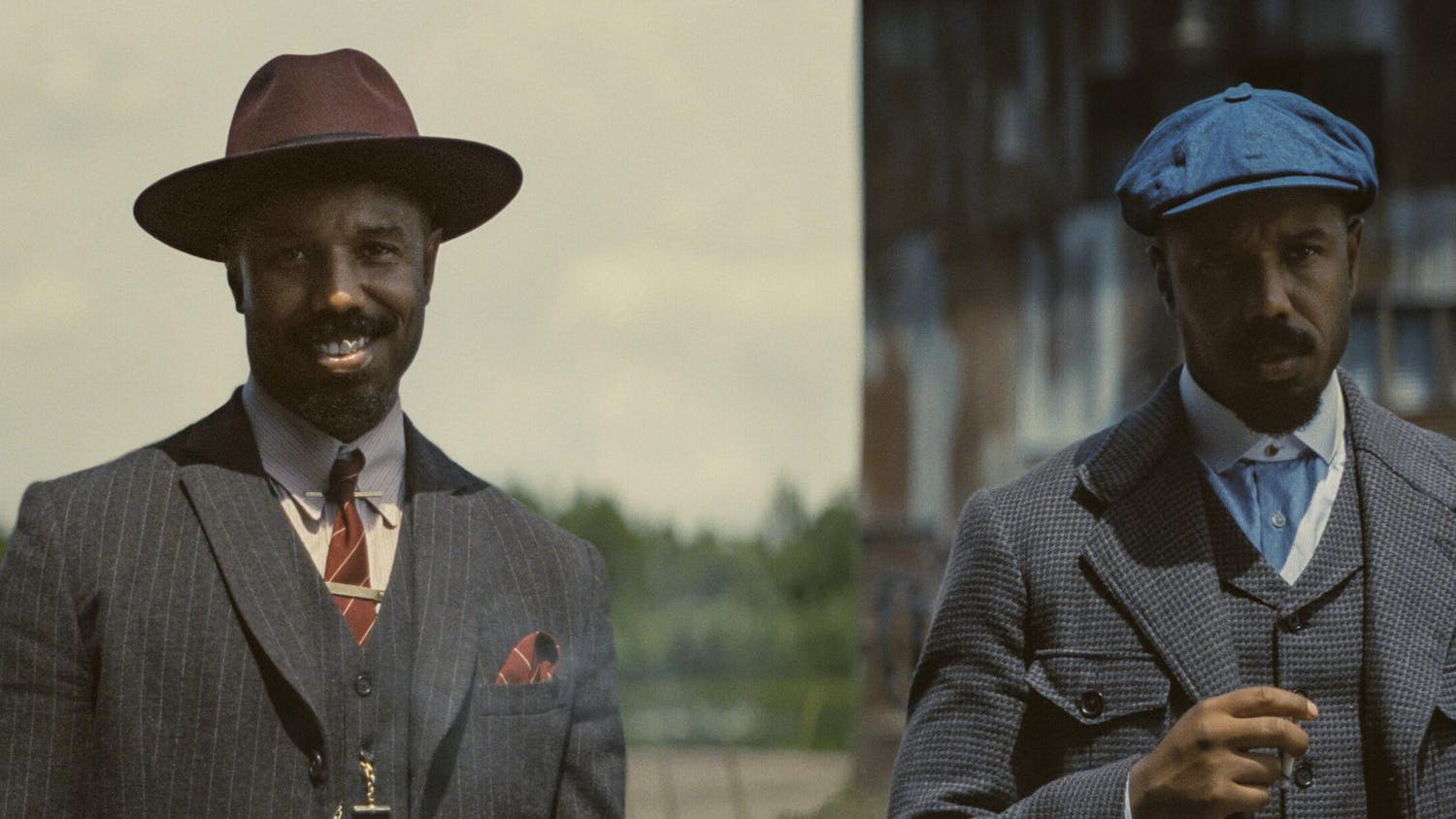The Neal-Marshall Black Cultural Center held the second annual Africana Festival. The festival started at 10 a.m and ended at 8 p.m. Thursday night. The day long festival featured song, dance, panel discussions and soul food. The main purpose of the festival was to help the Bloomington community and IU become more civil and coherent. \nThrough discussions about issues unique to the African American community, attendees were able to learn about the African American plight. Oyibo Afoaku, the director of the NMBCC, said the term Africana refers to the rich heritage of all people of African descent. The festival highlighted the culture of African Americans and the role they play in American society. \nThe festival began with a lecture given by Cheryl Presley, titled "Sankofa: Our History and Our Future," which emphasized the importance of surveying the past while forging ahead to realize the future. Presley discussed the relevance of Brown v. Board of Education and its significance to the IU and Bloomington communities. Before the case, the law of the land was represented by the ruling of Plessy v. Ferguson or "separate but equal". \nUnder the doctrine, she explained blacks could be denied access to the facilities whites used as long as their was some alternative that was sufficiently similar. She concluded her lecture by asking, "What is the significance of Brown today?"\nOsita Afoaku, a member of the planning committee for the festival, expressed some caution about the actual impact of the Brown case. \n"The more clout we receive as a community, the less bonded we are as a community," Osita said. \nIU senior Gerilyn Davis said she still feels the effects of color line boundaries.\n"As a student here at IU, I feel that although we (black and white students) are integrated, we are still segregated," Davis said. \nPresley suggested getting involved and writing your local representatives as ways to combat the issue of racial separation in the community.\nThe Historical Panel, led by Dr. William Wiggins Jr., an African American Studies professor, was centered around segregated schools in the early 1950s. Wiggins said the motivation for students during this era was to learn because it was a privilege denied to them. The idea was that black students needed to do well or the stereotypes of them being lazy and ignorant would hold true. \nThe next panel, " African Students Today," brought Wiggins' remarks full circle. They emphasized the importance of African Americans to succeed and strive for excellence in their education. \nAndrean McCoy, a senior at Bloomington High School North and football player, agreed with this message. \n"It is important for young African American males to focus on doing well in their academics because people like to stereotype us as violent and ghetto," McCoy said. "I want to show people that it's okay to be intelligent, athletic and black."\nThe first half of the festival was concluded with a drumming workshop led by Anthony Artis, owner of Amoah's African Drum Works. aIris Rosa, director of the African American dance Company gave the finale performance along with the AADC. \nThe second half of the event began with a soul food dinner that included catfish and fried chicken as the main dish alongside greens, mashed potatoes and macaroni and cheese.\nThe festival continued with musical performances by the International Vocal Ensemble and IU Soul Revue. The event also included a brief fashion show exhibiting African fashions and styles of dress.\nGerardo Gonzalez, dean of the School of Education, gave the closing remarks that ended the festival. Gonzalez stressed the importance of creating a cooperative environment where everyone is welcome, regardless of race, sex, religion or nationality. The festival ended with everyone applauding the events of the day and the contributions of the various organizations that made the African Festival possible.\n-- Contact staff writer Josh Hamm at jodhamm@indiana.edu.
Festival celebrates black culture
Panelists embrace importance of a strong, united community
Get stories like this in your inbox
Subscribe





